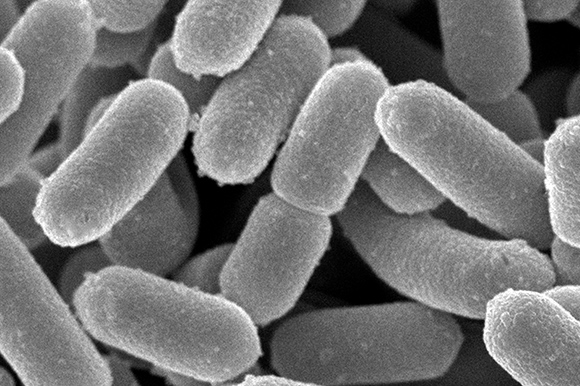Probotics: Bifidobacterium breve M-16V (M-16V)

Bifidobacterium breve M-16V is a well-researched probiotic strain known for its benefits in infant gut health, immune system development, allergy prevention, and digestive support. It is widely used in infant formulas, neonatal care, and therapeutic probiotics to promote a balanced gut microbiome and overall well-being.
What is Bifidobacterium breve M-16V?
Bifidobacterium breve is a gram-positive, anaerobic bacterium that naturally resides in the human gut, particularly in infants and young children. The M-16V strain has been extensively studied for its role in improving gut microbiota composition, reducing inflammation, and supporting immune function, especially in newborns and preterm infants.
Health Benefits of Bifidobacterium breve M-16V
- Supports Infant Gut Health and Microbiome Development
B. breve M-16V helps establish a healthy gut microbiome in infants, promoting the growth of beneficial bacteria while inhibiting harmful pathogens. It plays a crucial role in digestive function and nutrient absorption. - Strengthens Immune Function and Reduces Inflammation
This strain enhances immune system development, reducing the risk of infections and inflammatory conditions. It also helps regulate immune responses, which may prevent autoimmune-related disorders later in life. - Helps Prevent Allergies and Atopic Conditions
Clinical studies suggest that B. breve M-16V can reduce the risk of allergic diseases such as eczema, asthma, and food allergies by modulating immune responses and promoting gut barrier integrity. - Improves Digestive Comfort and Reduces Colic
This probiotic strain supports digestive health by breaking down complex carbohydrates and fibers, reducing symptoms of gas, bloating, and colic in infants. - Beneficial for Preterm Infants and Neonatal Care
B. breve M-16V is commonly used in neonatal intensive care units (NICUs) to support gut health in preterm infants, reducing the risk of necrotizing enterocolitis (NEC) and improving overall survival rates.
Scientific Support
- Gut Microbiome Development & Digestive Health: Helps colonize the infant gut with beneficial bacteria and supports digestion (Wong et al., 2019).
- Immune System Support & Anti-Inflammatory Effects: Modulates immune function and reduces inflammation, particularly in infants (Gavzy et al., 2023).
- Allergy Prevention: Reduces the risk of eczema, asthma, and other allergic conditions by improving immune tolerance (Sesitito et al., 2020).
- Colic & Digestive Comfort: Helps alleviate colic symptoms and reduces gas formation in infants (Wong et al., 2019).
- Neonatal Health & Preterm Infant Support: Used in NICUs to prevent necrotizing enterocolitis (NEC) and improve health outcomes in preterm babies (Wong et al., 2019).
